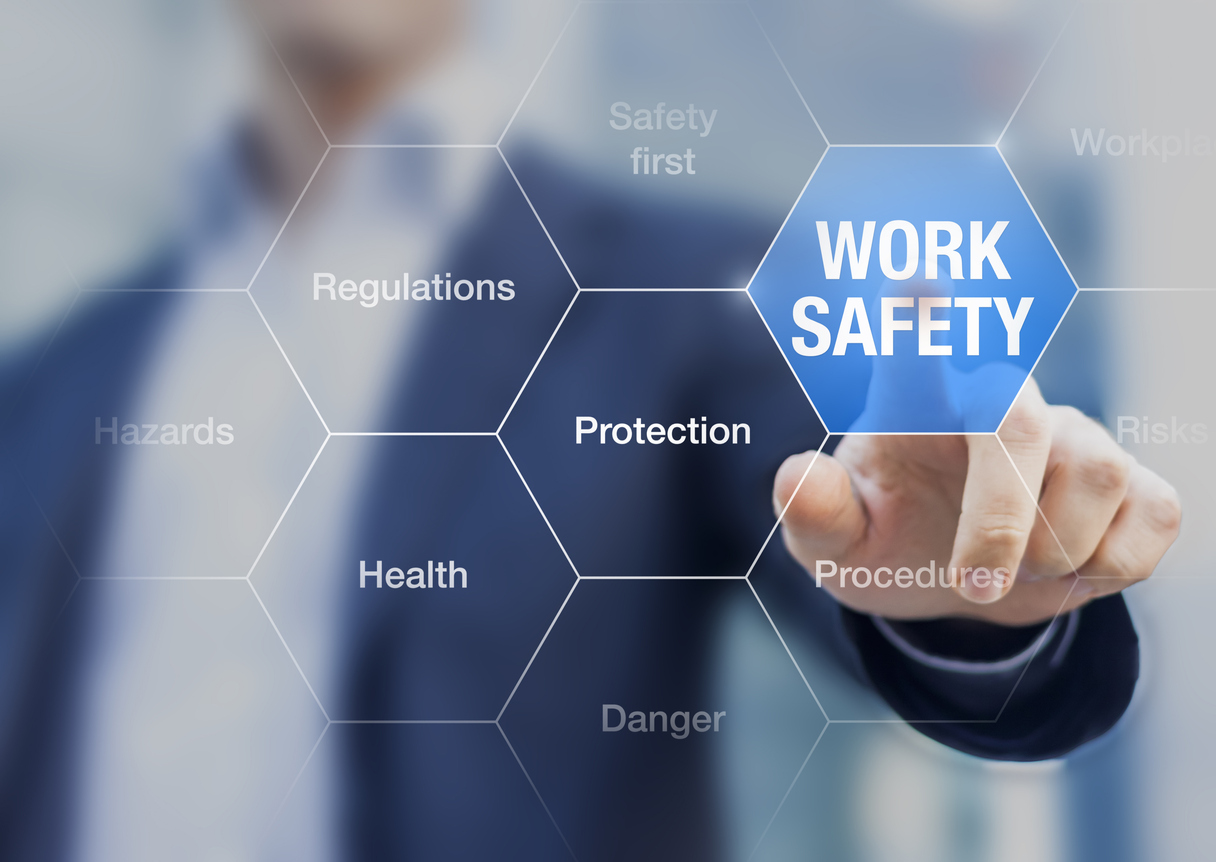January 22nd, 2021
With Covid-19 cases at their worst yet, it is critical that businesses remain alert to the necessity of managing health and safety in the workplace. Failing to do so risks both criminal and civil liability, as well as significant financial consequences. Practically speaking, what steps can businesses take?
Risk Assessments
The duty to carry out a suitable risk assessment is key; it is one of the first things at which the court will look when assessing the adequacy of precautions taken by an employer in a civil case, and failure to undertake a risk assessment may amount to a criminal offence in itself. Under the Management of Health and Safety at Work Regulations 1999 (as amended), the basic points an employer must cover in a risk assessment could be summarised as follows: –
1. Identify what could cause injury/illness in your business – for example, transmission of Covid-19 between employees where there has been exposure within or outside the workplace.
2. Ascertain how likely it is that someone could be harmed and how serious the risk is – in this context, keeping up-to-date with the R rate of transmission in the locality will be important, as well as the risk profile of individual employees.
3. Take action to eliminate the hazard; or, if this isn’t possible, control the risk – each business will face unique problems but some general measures would include: limiting the number of employees at work on a given day; ensuring that employees are adequately separated with screens or physical distance; and providing appropriate safety equipment (such as masks) where workers cannot avoid coming into closer contact.
The case of Bass v Ministry of Defence [2020] EWHC 36, a pre-Coronavirus authority, reinforces the importance of risk assessments in the context of potential transmission of disease; and how, when carried out diligently and implemented effectively, they will protect employers from civil, as well as criminal, liability. In this case, it was held on appeal that the MoD had not breached its duty of care to a soldier who had contracted Q fever whilst deployed in Afghanistan specifically because an appropriate risk assessment had been carried out and the ministry’s response to the risk assessed had been reasonable in the circumstances. Notably, however, the Court commented (obiter) in Bass that an employer must be continually alert to changing information and evidence. This brings home the need not only to risk assess but to make sure that the assessment is updated and evolves as the background risk changes, no matter how thorough the original document.
Government Guidelines
In light of the above, it is inevitable that employers will look to the Government and sector specific guidance in order to evaluate and control risk. This will not always be straightforward given the deluge of guidance. On the Government website, new guidelines are issued on an almost weekly basis. In order to keep up-to-date, it may be sensible for businesses to appoint someone (or a committee) to be specifically tasked with reviewing guidance documents.
Notifiable Diseases
One rule which businesses must follow is the duty to report Covid-19, a ‘notifiable disease,’ to the local authority, per the Reporting of Injuries, Diseases and Dangerous Occurrences Regulations 2013. The reporting regulations are technical, but in simple terms: if any individual has been diagnosed with Covid-19, and their likely exposure has been work-related, the case must be reported. The purpose of this is to put regulators on notice of cases that they may wish to investigate; establishing a causative connection between infection and work in any individual case will be difficult, so regulators are on the lookout for clusters of cases with common links to organisations.
Non-Covid Factors
Lastly, businesses will need to remain vigilant in respect of traditional hazards at work, which may be exacerbated by the changes thrown up by Covid-19. One obvious issue is the tension between the need for social distancing measures and the fact that certain manual work-place activities that are commonly undertaken in SMEs (such as manual handling) cannot always be done safely alone. The HSE acknowledges this very point, conceding that:
“While social distancing is fundamentally a public health measure introduced to reduce the spread of infection, we recognise the concerns raised on social distancing within the workplace and are in contact with trade unions.”
It follows that, whilst employers should seek to control the spread of C-19, it should not come at the expense of their employee’s safety from traditional work-place accidents. This is perhaps the most likely route to future civil claims; employers so focused on the risk from C-19 that their employees are instead exposed to secondary dangers from new, untested work practices.
These are a small selection of the simple but important measures that should be considered by businesses. If undertaken, they should not prevent enterprises from trading profitably but will most certainly go a long way to ensuring that they are not put at risk of civil or criminal sanction.
This article was originally published via SME News


